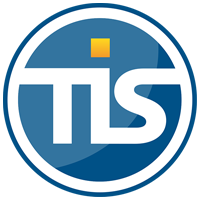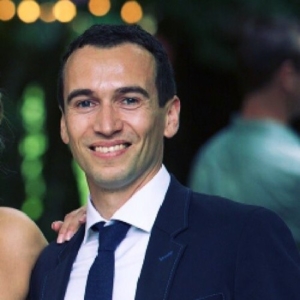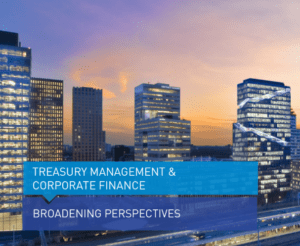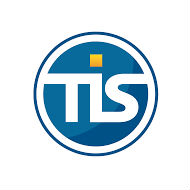Platform Interim Treasury Masterclass
| 06-09-2019 | by DACT |
 Masterclass Succesvol Pitchen en Presenteren
Masterclass Succesvol Pitchen en Presenteren
Kunnen we nog afkicken van 8 jaar monetaire morfine van de ECB?
Trends in Export financiering
De DACT nodigt je uit voor de volgende PIT-bijeenkomst op dinsdag 10 september 2019 op een bijzondere locatie: De Beurs van Berlage (Beursplein 5) , waar de DACT gast is bij AFS Group. Je bent vanaf 17:30 uur welkom, de bijeenkomst start om 18:00 uur en zal rond 21:00 worden afgesloten. Broodjes en drankjes worden door AFS aangeboden op de beursvloer.
PIT is een DACT Netwerkgroep gericht op de Treasury professional die niet in vast dienstverband zijn beroep uitoefent, maar op basis van tijdelijke (arbeids)overeenkomsten. PIT wordt bestuurd door Ingmar Bergmann, Peter Heymans, Patrick Kunz, Dennis Schmidt en Bart Steens. Tijdens de periodieke PIT-bijeenkomsten wordt er niet alleen vakinhoudelijk met elkaar van gedachten gewisseld, maar ook worden er thema’s behandeld die specifiek zien op de rol als interim professional. Zoals altijd wordt een actieve participatie van alle deelnemers gevraagd. Met name de Masterclass Succesvol Pitchen en Presenteren kan niet zonder die actieve deelname!
Voor de bijeenkomst op 10 september a.s. hebben wij het onderstaande programma samengesteld.
- Introductie AFS Blue – Bringing issuing and trading debt into a digitized world door Marcel Coppejans, Managing Director AFS Group. Presentatie van AFS’ internet based platform dat is ontwikkeld om de brokerage van schuldpapier in de primaire en secundaire markt transparanter en efficiënter te maken.
- Masterclass Succesvol Pitchen en Presenteren door Patrick van Gils, pitchcoach en presentatietrainer. Oprichter van TOPpresentaties. Hoe kunnen we onszelf nog beter in de markt zetten? Hoe kunnen we kort, krachtig en overtuigend communiceren? Tijdens zijn interactieve presentatie ontdek je zijn beproefde 6 staps pitch-formule en komen zaken als woordkeus, powervragen, ‘pijn & fijn’ en overtuigingskracht aan de orde. De nadruk ligt op directe bruikbaarheid en praktische toepasbaarheid. Zijn doel is “om er zelf direct mee aan de slag gaan en de vruchten te plukken!”.
- Kunnen we nog afkicken van 8 jaar monetaire financiering? door Arne Petimezas, Macro Analist AFS Group. Als specialist in de Europese en Amerikaanse geld- en kapitaalmarkten wordt hij vaak gevraagd zijn visie te delen met professionele partijen en de media, zoals het Financieel Dagblad en nieuwszenders op televisie. Ook met ons zal hij zijn visie delen over het monetaire beleid van de ECB.
- Trends in Export Financiering door Stephen Maduro, AFS Corporate Finance. Is het huidige instrumentarium van Nederlandse exporteurs voldoende om de export te bevorderen? Past de rol van banken en Export Krediet Verzekeraars nog in de huidige markt? Hoe kunnen Nederlandse exporteurs het beste ondersteund worden?
Hoe kan deze markt toegankelijker en transparanter gemaakt worden?
- PIT-zaken
Alle geïnteresseerde DACT-leden zijn uitgenodigd voor deze nieuwe PIT-bijeenkomst, dus ook de niet interim Treasurers, zolang zij bereid zijn om actief en open deel te nemen aan de discussie; uiteraard is er alle respect voor de vertrouwelijkheid die een ieder op sommige terreinen moet betrachten.










